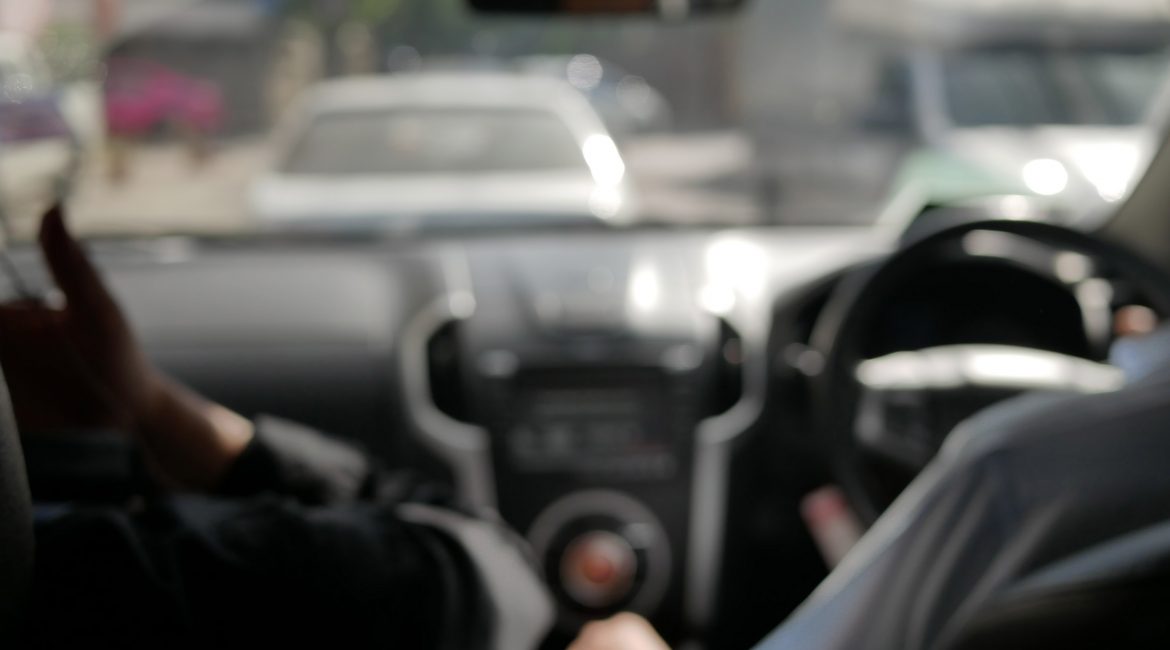Audio version
In the spring of 2020, I ran into some financial difficulty that forced me to pick up gig work in order to make ends meet for a few weeks. Now, let me give you a little bit of information about myself. First, I have 2 degrees. My bachelor's is from a small private elite college in New England. My Masters is from an even more elite university in a highly technical profession. Additionally, I went from an annual salary of $100,000 to savings that, in hindsight were meager-- I was living off of $1,200/ month. I tell my reader this to demonstrate that I am not one of the many Americans who depend on rideshare income to make ends meet.
I was trying to build a business that was slow to take off. I needed to supplement the income that my domestic partner was bringing in. So what better way to do it than with gig work? You can work when you want, as much as you need. Plus, the only barriers to entry were a smartphone, a clean driving record, access to a vehicle, and the drive to work. I met all the qualifications so I thought why not? I would put a few dollars in my pocket and meet interesting people like how it’s depicted on the shows I watch on Netflix. So I drove in headfirst without doing much research. Boy, was I surprised! The experience was nothing like I expected.
Okay, so let me provide some context. First of all, I did not drive during the weekdays; I drove on weekends when there was enough traffic to justify the time put in. I normally worked around 5 p.m. on Friday and worked well into Saturday morning. I wanted to catch the crowd leaving work (or school) to head out parties, pubs, or just an evening out somewhere. According to my trusty app, there would be more of a likelihood of price surges. Disclaimer --I did not research pricing surges. Also, I live in Western New England where there are several universities. These institutions are a hub of activity.
That said, before I started driving, I did research the average hourly wage for a rideshare driver in my area. According to Google, it averaged around $22 per hour. What I noticed after 2 days of driving was that my average hourly wage never went above $20. This included tips. Now let me provide a little bit more of an illustration of this point. I drove a passenger to the airport which was approximately 55 miles away from the campus where she originated the trip. I give the miles first because rideshare apps speak the language of miles, not time. Now, let’s talk about time. The trip took approximately one hour. I surprised myself and was quite the gracious Rideshare driver. I helped this passenger with luggage, I provided her with a few goodies, and I gave her soothing music so that she could enjoy the ride, fall asleep. All in all, I gave her a very comfortable ride and in turn, she gave me a $28 tip. The ride took one hour to get to the In the spring of 2020, I ran into some financial difficulty that forced me to pick up gig work in order to make ends meet for a few weeks. Now, let me give you a little bit of information about myself. First, I have 2 degrees. My bachelor's is from a small private elite college in New England. My Masters is from an even more elite university in a highly technical profession. Additionally, I went from an annual salary of $100,000 to savings that, in hindsight were meager-- I was living off of $1,200/ month. I tell my reader this to demonstrate that I am not one of the many Americans who depend on rideshare income to make ends meet.
I was trying to build a business that was slow to take off. I needed to supplement the income that my domestic partner was bringing in. So what better way to do it than with gig work? You can work when you want, as much as you need. Plus, the only barriers to entry were a smartphone, a clean driving record, access to a vehicle, and the drive to work. I met all the qualifications so I thought why not? I would put a few dollars in my pocket and meet interesting people like how it’s depicted on the shows I watch on Netflix. So I drove in headfirst without doing much research. Boy, was I surprised! The experience was nothing like I expected.
Okay, so let me provide some context. First of all, I did not drive during the weekdays; I drove on weekends when there was enough traffic to justify the time put in. I normally worked around 5 p.m. on Friday and worked well into Saturday morning. I wanted to catch the crowd leaving work (or school) to head out parties, pubs, or just an evening out somewhere. According to my trusty app, there would be more of a likelihood of price surges. Disclaimer --I did not research pricing surges. Also, I live in Western New England where there are several universities. These institutions are a hub of activity.
That said, before I started driving, I did research the average hourly wage for a rideshare driver in my area. According to Google, it averaged around $22 per hour. What I noticed after 2 days of driving was that my average hourly wage never went above $20. This included tips. Now let me provide a little bit more of an illustration of this point. I drove a passenger to the airport which was approximately 55 miles away from the campus where she originated the trip. I give the miles first because rideshare apps speak the language of miles, not time. Now, let’s talk about time. The trip took approximately one hour. I surprised myself and was quite the gracious Rideshare driver. I helped this passenger with luggage, I provided her with a few goodies, and I gave her soothing music so that she could enjoy the ride, fall asleep. All in all, I gave her a very comfortable ride and in turn, she gave me a $28 tip. The ride took one hour to get to the
$150 per night, a few dollars higher than the minimum wage in our state. Undoubtedly, we brainstormed other options and found other ways to supplement our income.
So, here's what I observed about rideshare companies during my short stint:
- The algorithm never allowed me to earn more than $20 an hour. That includes tips which sometimes were quite substantial.
- When I went over state lines, I was not able to pick up riders on the way back. It often meant that I drove for 20 or 30 miles with no passenger in the back.
- Short trips offered me the least compensation. I remember vividly, a passenger who knew how to game the algorithm. He ordered a trip that took him approximately 4 blocks to McDonald's. We waited 15 minutes at a drive-through for his order and then returned to his house. For the entire trip I was compensated approximately $2. Plus, he gave me no tip!
- There are companies that specialize in having you marketing their products as a rideshare driver. They offer products like water, chips, and even hand cream for rideshare drivers to hand out to passengers. This is the best and most cost-effective way to offer passenger perks.
All in all, I did get something out of the rideshare experience. Namely, meager compensation as well as the experience to write this article. Many articles that are about ridesharing are written in the third-person. I was able to provide an account in the first person. I do, however, write this article because I am an urban development professional. I am trained to think deeply about how cities, the workforce, and labor is changing. My worry, moreover, is that technology and the new gig economy is helping to perpetuate a cycle of poverty. Millions are made, per quarter, by some technology companies who do not compensate their drivers; the lifeblood of their business model, fairly. More importantly, because these workers are considered independent contractors, they often do not get benefits such as unemployment when they are unable to work due to injury or when a catastrophe like a global pandemic hits. I wonder if this is our future. Are we, as a society, using new tools to perpetuate old social and economic injustices?


0 Comments:
Leave a Reply